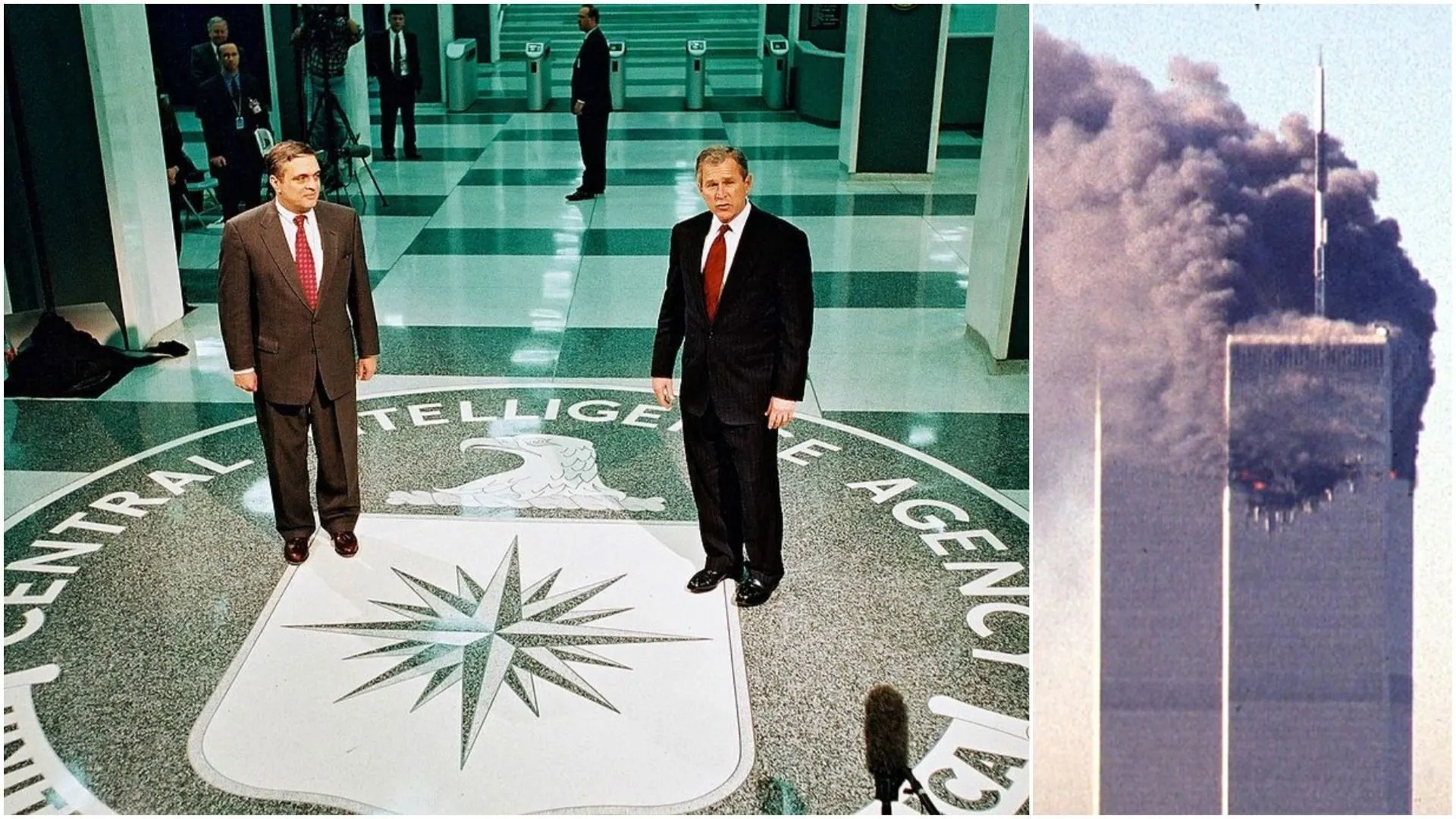11 Septembre 2001: Insight into CIA's Knowledge and Actions

11 Septembre 2001: The Significant Events
In 2001, the assassination of Commander Massoud on September 9 occurred, followed by the World Trade Center attacks just two days later. What were the actions and implications of the Central Intelligence Agency surrounding these two events?
Critical Insights from Antoine Mariotti
Antoine Mariotti, the author of L'agence. Histoires secrètes de la CIA (Tallandier), reflects on the September 11 attacks and the reasons behind the CIA's significant failures. He emphasizes that the CIA, America’s foreign intelligence service, is distinct from the FBI, which manages domestic intelligence.
With a substantial headquarters in Virginia that spans 130,000 m² and employs 20,000 people, Mariotti notes the stringent security measures, revealing a past incident where his crew was approached while filming the CIA sign.
Six years prior to 11 Septembre 2001, a dedicated CIA unit focused on monitoring Bin Laden. An FBI unit, I49, was also established to counter Islamist terrorism, highlighting the turf wars within intelligence agencies regarding access and authority.
Agency Dynamics and Responsibilities
The CIA operated proactively under the premise of an escalating threat from Bin Laden in the 90s. Mariotti highlights a crucial oversight—the CIA possessed essential intelligence that they failed to share with FBI counterparts regarding suspects entering the U.S. before the attacks.
Following the tragedy, the CIA's budget saw unprecedented increases, but the term 'torture' emerged in discussions around policy adaptations that raised ethical concerns about the agency’s methods post-9/11.
Despite criticisms, Mariotti argues against caricaturing the CIA as solely a coup-instigator or a torturer, recognizing its importance in safeguarding both Europe and global allies, particularly in hostage situations.
Reflections on Agency Impact
The essence of Mariotti's exploration reveals that September 11 was not just a catastrophic day but an event steeped in layers of intelligence mismanagement that forever altered global perceptions and security policies.
This article was prepared using information from open sources in accordance with the principles of Ethical Policy. The editorial team is not responsible for absolute accuracy, as it relies on data from the sources referenced.